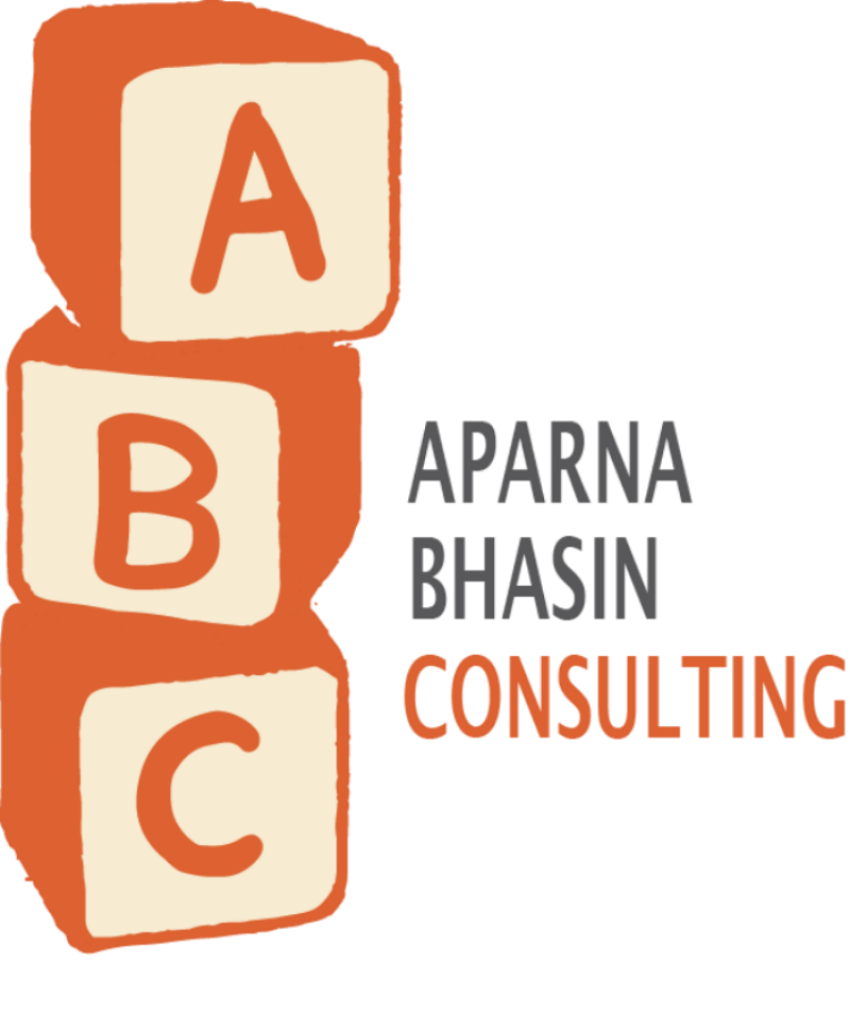A Career with Purpose
- Camille Barreto
Camille Barreto worked as an Intern, Associate and Senior Associate (M&E) in her almost two years at Aparna Bhasin Consulting. She is currently pursuing an MBA at the Rotman School of Management.
When I was younger, I wanted to be a teacher. I always enjoyed working with children and volunteered extensively through school and college. However, peer pressure got the better of me and after I graduated I joined a corporate consulting firm. I was good at my job and learned a lot but I woke up one day and asked myself if I was making any difference. I couldn’t find purpose in my work and so I started volunteering again, teaching children life skills through games and the arts. I enjoyed it so much that I knew it was my calling. I quit my job and set out to find that sweet spot where I could merge my passion with the professional skills I had developed.
This is what brought me to work at Aparna Bhasin Consulting. It gave me the exposure that I was looking for to the development sector, but in a professional consulting environment. In addition to a sector change, I also moved from a global organisation to a start-up. It was a massive shift, but so enriching, and impossible without the tremendous support and direction from Aparna and the rest of the team.
While at ABC I traveled across India with our NGO partners to observe their work through a third person lens and advise them on improvements to their programs, trainings, operations etc. We visited schools in urban and rural areas and met with students, parents and teachers. It was hard for me to take in everything I was seeing as I had practically lived in a bubble before. These visits opened my eyes to see the huge disparities in facilities and opportunities available in these areas, which in turn impacted education and ultimately left these people in the poverty cycle. On the bright side, our NGO partners were doing some great work and it was incredible to see how even small changes could make such a difference.
I was exposed to the design thinking approach while at ABC. I had never before realised the importance of learning from and involving the people you are designing for. Designing and delivering iGNITE with the team was a challenging but exciting experience. From the early days of penning down the challenge and the idea, to the exploratory research, designing the program, finding partner institutions, raising funds and ultimately running the pilot, it was a constant process of learning and iteration.
My two years at ABC were my most transformative years yet. Aparna encouraged and guided me to develop skills I didn’t know existed, to think out of the box and most importantly, to manage my time. It was a difficult decision to leave and pursue my MBA, but I knew that doors weren’t closing. I am one of the few in my class who constantly says “I miss my previous job!” while everyone looks at me strangely. My ABC team were more than just colleagues, they were mentors and they were friends and continue to be. Thank you ABC, for my biggest learning experience to date and the one that has shaped my career goals!
Camille would be happy to answer any questions you might have, you can find her on LinkedIn.


